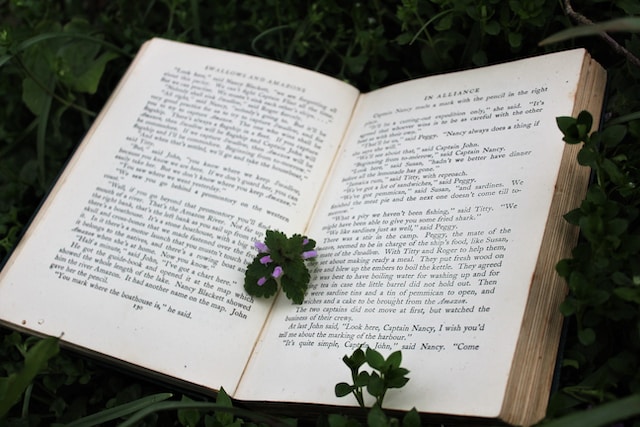
Exploring the Role of Literature in Crafting an Engaging Dissertation: Unveiling the Power of Literary Analysis and Interpretation
A dissertation represents a culmination of years of hard work and dedication. However, while facts and figures are crucial, incorporating literature can enrich the content and make it more engaging. This article explores the role of literature in crafting an engaging dissertation, focusing on the power of literary analysis and interpretation.
Introduction to the Significance of Literature in Academic Research
In academic research, the goal is to present information in a clear, concise, and authoritative manner. Literature, with its rich textures and insights into the human experience, can help convey complex ideas with grace and subtlety. Moreover, by analyzing literature, one can develop critical thinking skills, which are essential in academic writing. Including literary analysis and interpretation in a dissertation not only provides depth to the subject but also captivates the reader’s attention.
Employing Literary Analysis to Deepen Understanding
Literary analysis involves examining various elements of a piece of literature to shed light on its meaning. This includes looking at plot structures, character development, themes, and language use. In a dissertation, employing literary analysis can help in deepening the understanding of the topic. For instance, if one is working on a history dissertation, analyzing historical novels can provide insights into the cultural context and human experiences during a particular time period. This, in turn, can make the arguments and discussions in the dissertation richer and more nuanced.
Overall, literary analysis can be a productive form of inquiry that can enhance the quality of a dissertation. It can help to draw out the implications of the research and the findings from its examination. The application of this type of analysis requires a great level of critical thinking and an understanding of the literature used in the dissertation.
The Art of Interpretation: Unlocking Perspectives
Literature is often layered with multiple meanings and interpretations. When crafting a dissertation, it is essential to not just present information, but to interpret it in a way that adds value to the academic discourse. The art of interpretation can be honed through literary analysis. By interpreting texts, one learns how to decipher meanings, question assumptions, and relate findings to a broader context. In dissertations, this skill is invaluable as it allows the researcher to unlock different perspectives and present a well-rounded argument. Furthermore, it enables a student to think critically and push the boundaries of their research. Overall, literary analysis is a core tool in dissertation writing as it enables one to uncover layers of meaning, question norms, and draw connections between different areas of study.
Integrating Literature: Techniques and Methodologies
Integration of literature in a dissertation requires skill and methodology. To do this effectively, it is important to first identify the literature that aligns with the research goals. The next step is to incorporate this literature through direct quotations, paraphrasing, or summarization. Additionally, employing theoretical frameworks from literary criticism can be useful. For example, feminist, Marxist, or postcolonial lenses can offer alternative viewpoints on the research data. It’s important to consistently cite sources and build a connection between the literary pieces and the primary research to maintain the integrity and coherence of the dissertation.
Case Studies: Successful Integration of Literature in Dissertations
Let’s look at how literature has been successfully integrated into dissertations.
In social sciences, a dissertation examining the Civil Rights Movement might employ literary analysis of works by African American authors, such as Ralph Ellison’s “Invisible Man” or Richard Wright’s “Native Son”. This can help in understanding the emotional and social impact of the events during this period.
In medical humanities, a doctoral candidate might use literature to delve into the experiences of patients. For example, analyzing Sylvia Plath’s “The Bell Jar” could offer insights into the mental health discourse of the 20th century.
In environmental studies, examining literary works like Rachel Carson’s “Silent Spring” could provide valuable context to the origins and impacts of the environmental movement.
These examples demonstrate the potential of using literature to add depth, context, and richness to a dissertation.
Integrating literary analysis and interpretation in a dissertation can greatly enhance its value and engagement. Through the careful selection and examination of literary works, a researcher can present well-rounded arguments, offer fresh perspectives, and connect with readers on a deeper level. This, in turn, enriches the academic discourse and contributes to a more comprehensive understanding of the subject at hand.



